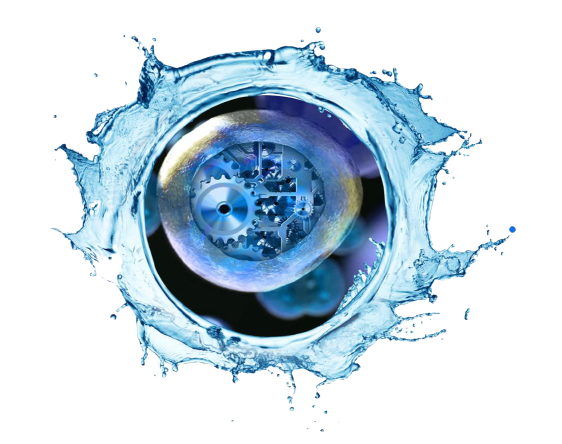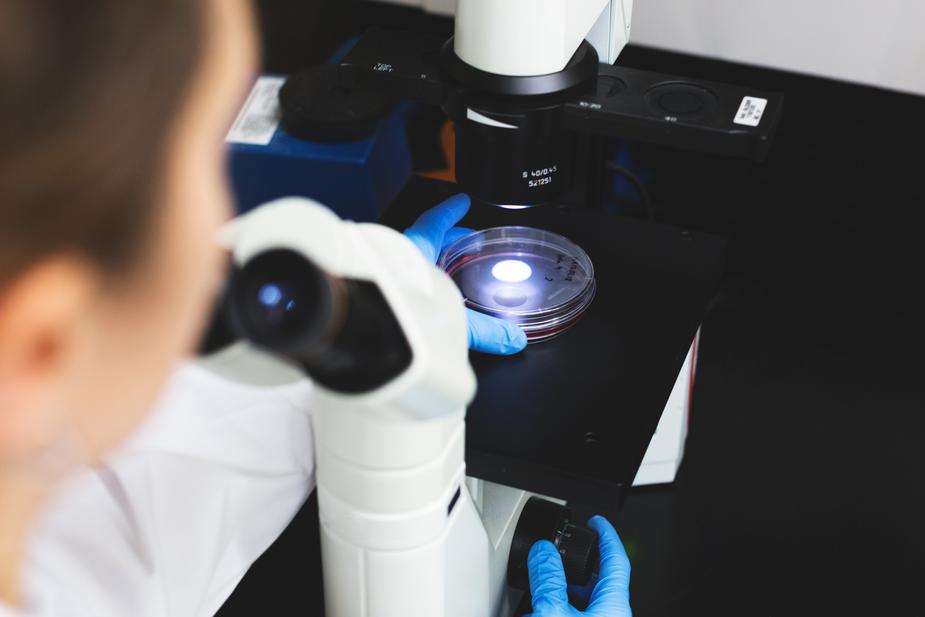About us
Therapies
F.A.Q
SUPPORT
about us
The importance of public health has never been greater, and the challenges never bigger. Government ministries in charge of public health are under enormous pressure to deliver improvements in wellbeing with limited resources, while navigating challenges in regulation and legislation. Alchemy helps the public health sector implement bigger gains with fewer resources, to achieve and exceed expectations.
As we move into a new era of medicine, three therapies can revolutionize public health as we know it.
Vaccines, cell therapy, and gene transfer therapy will change forever the way we view diseases.
Alchemy provides advice in understanding how these therapies work, the diseases they treat, and the kinds of people who can benefit from them. We also provide assistance in the research and data collection process, the necessary authorization and legislation procedures, and the development of essential risk assessments.
Our collaboration could lead to significant benefits such as improved public health, faster access to treatments, and decreased costs. Alchemy will be your guide to revolutionize public health.
OUR THERAPIES
Read below to learn more about these therapies and their implementation.
Vaccines produce immunity to a specific disease. When you are immune to a disease, it means you can be exposed to it without becoming sick. Most vaccines are given by injection, but some are given by mouth or sprayed into the nose.
Cell therapy is the introduction of new and healthy cells to replace or repair damaged tissue or cells. This therapy can be used to treat cancers, autoimmune disease, infectious disease, spinal injuries, or to improve a weakened immune system.
Gene transfer is the introduction of new DNA into an existing cell to fix a problem in that cell. The goal is that gene transfer can treat complex diseases such as cancer or heart disease, and also some infectious diseases such as AIDS. The treatment can be given in several ways, for example as a shot, as an infusion, or by surgical implantation.
FREQUENTLY ASKED QUESTIONS
These three therapies can dramatically reduce the long-term cost of treating serious diseases, they can help people live longer with better quality of life, and they can, in some cases, cure people of their disease.
These therapies can treat hundreds of diseases and can help millions of people. Some of the most common diseases that can be prevented by vaccines are diphtheria, hepatitis B, measles, meningitis, mumps, whooping cough, tetanus, tuberculosis, and yellow fever. Some of the most common diseases that cell therapy and gene transfer therapy can help treat are cancer, heart disease, diabetes, Parkinson’s disease, Alzheimer’s disease, and stroke.
Research, including clinical trials, is the most important way to prove that a treatment works and discover who it works best for. After a clinical trial shows that a treatment works, it can get licensed to be used by the whole population. Clinical trials need patient volunteers to sign up and be part of the research.
Public health systems need to collect, track and analyze data regularly to provide information that can be used to monitor and improve the health of populations. This data can be used to identify risk factors for disease that can then be addressed through public health measures.
Cell therapy and gene transfer therapy require the integration of many different disciplines and may require the evolution of a corresponding legislative framework.
Public health management is not risk‐free, so risk assessments are necessary for identifying, assessing and managing potential adverse effects or unintended consequences.
contact us
Str. Câmpia Libertății 27, Bucharest
info@alchemysa.org

